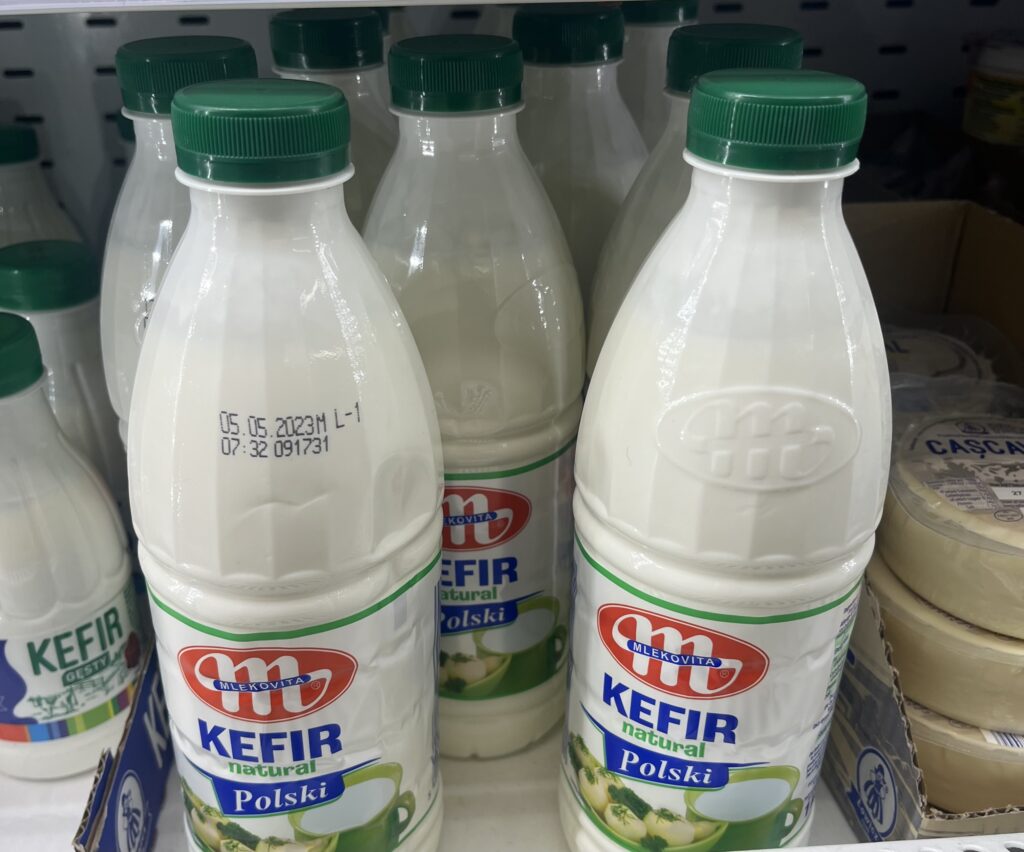Leaky gut syndrome AKA intestinal hyperpermeability, is a digestive condition that has gained attention in recent years. It occurs when the intestinal lining becomes more permeable than usual. When this happens, harmful substances such as bacteria, toxins, and undigested food particles enter the bloodstream. This can cause a range of symptoms, including bloating, gas, abdominal pain, fatigue, skin rashes, and more. In this article, we will explore the causes, symptoms, and potential treatments for leaky gut syndrome. Respectively, I will also provide tips for maintaining gut health.
While the exact cause of this condition is not fully understood, studies suggest that certain lifestyle factors play a role in its development. In particular, those with poor diet, chronic stress, and certain medical conditions may be more susceptible to experiencing leaky gut. Understanding the risk factors for this condition can be essential in preventing its effects and improving overall digestive health.

WHAT ARE THE ROOT CAUSES OF LEAKY GUT SYNDROME?
Leaky gut syndrome can be caused by the following:
- An imbalanced gut microbiome (dysbiosis) – characterized by an overgrowth of harmful bacteria and a lack of beneficial bacteria.
- Chronic stress – Stress causes inflammation, which weakens the intestinal lining, making it susceptible to damage. Additionally, when the body is under stress, it produces more of the hormone cortisol, contributing to gut permeability.
- Sugar – Eating too much sugar & processed foods trigger inflammation and increases permeability of your gut barrier.
- Alcohol – reducing alcohol consumption can help to prevent leaky gut and promote overall well-being.
- Non-steroidal anti-inflammatory drugs – Ibuprofen and similar drugs also cause inflammation, potentially leading to digestive issues and other health problems. It is recommended to use NSAIDs sparingly and with caution to avoid any unpleasant side-effects.
- Raw vegetables can contribute to leaky gut syndrome due to the high levels of lectins and other anti-nutrients found in some raw veggies. Consuming large quantities of raw vegetables without proper preparation can exacerbate these effects, particularly in individuals with pre-existing digestive issues.
WHY IS A LEAKY GUT SO DANGEROUS FOR WOMEN’S HEALTH?
Leaky gut syndrome can be particularly dangerous for women due to various factors, including sex hormones, stress, and autoimmune disorders. Studies have found that estrogen can make the intestinal lining more permeable, making women more vulnerable to this condition. Additionally, stress can exacerbate leaky gut symptoms. Women are more likely to experience chronic stress due to societal and cultural pressures. This chronic stress can lead to inflammation in the gut, increasing the risk of developing leaky gut syndrome.
Furthermore, autoimmune disorders are more prevalent in women, and leaky gut syndrome is often associated with these conditions. In people with autoimmune disorders, the immune system attacks healthy tissues in the body, including the intestinal lining. Damage to the intestinal tissue can lead to increased permeability, allowing more toxins and bacteria to enter the bloodstream. This can worsen autoimmune symptoms and lead to a range of other health complications.
Finally, women’s diets may also play a role in the development of leaky gut syndrome. Research has found that women are more prone to diets high in processed foods, low in fiber, nutrients, and antioxidants. The week before menstruation, when food cravings increase, may be a contributing factor to this reality. These habits can lead to an imbalanced microbiome and gut inflammation, both of which contribute to leaky gut syndrome. Therefore, it is important for women to prioritize a healthy diet and lifestyle.
WHAT ARE THE SYMPTOMS OF LEAKY GUT SYNDROME?
Some common symptoms of leaky gut syndrome include:
- Bloating
- Gas
- Constipation
- Diarrhea
- Joint pain
- Headaches
- Skin rashes
- Fatigue
- Food sensitivities
HOW DO YOU FIX A LEAKY GUT?
I recommend adding the following ingredients to your smoothie for the next two weeks to heal intestinal permeability.
10-15g Pure Glutamine Powder
Glutamine is an amino acid that plays a crucial role in repairing the lining of the intestines. When the gut experiences inflammation or damage, the lining can become porous. Glutamine helps repair the damage by supporting the growth and regeneration of intestinal cells, which strengthens the gut barrier. This amino acid also helps to maintain the balance of good bacteria in the gut.
Chicory Root
Chicory root is a natural prebiotic that can help to repair a leaky gut. This plant contains a complex carbohydrate called inulin, which feeds beneficial gut bacteria. These gut bacteria produce short-chain fatty acids like butyrate, which can help to heal the lining of the intestine. Additionally, chicory root is rich in antioxidants and has anti-inflammatory properties.
1-3g Fresh Ginger (Chopped)
Fresh ginger has been used for centuries as a natural remedy for digestive problems. This root contains compounds called gingerols. Gingerols have anti-inflammatory and antioxidant properties that help to calm inflammation in the gut and repair damaged tissue. Ginger also promotes the production of digestive enzymes and aids in the absorption of nutrients.
1/4 Pint Kefir
Kefir is a fermented drink that is increasingly popular due to its numerous health benefits. Kefir contains a diverse range of beneficial bacteria and yeasts, which help to balance the gut microbiome. In addition, kefir is a rich source of probiotics, which can help to support the growth of beneficial bacteria. This drink is also a great source of vitamins and minerals.
500-600mg Butyrate
Butyrate is a short-chain fatty acid that is produced by beneficial bacteria in the gut when they feed on dietary fiber. This compound has been shown to have numerous benefits for gut health. Butyrate works by promoting the growth of cells that make up the lining of the intestines, improving the tight junctions between these cells. When this happens it is difficult for harmful substances to leak into the bloodstream. Additionally, butyrate has anti-inflammatory properties, which can help to reduce inflammation in the gut.
10-20g Collagen
Collagen is an important protein that plays a crucial role in repairing a damaged gut lining. It is rich in amino acids, such as glycine and proline that promotes the growth of new cells in the gut lining. Additionally, collagen helps to regenerate the connective tissues of the gut, which in turn helps to repair the gut lining and restore its integrity.



Recent Comments